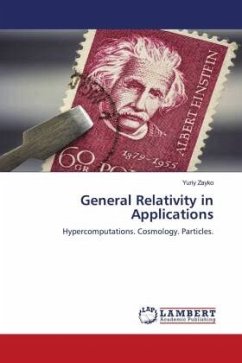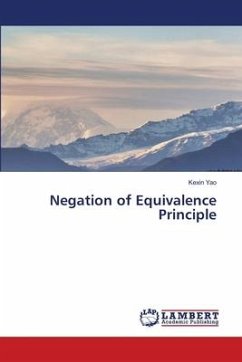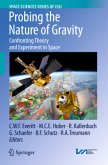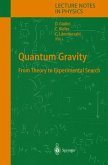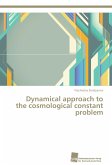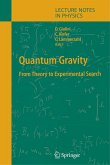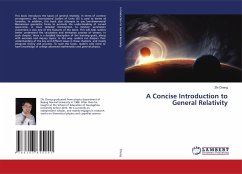This book presents the application of the achievements of the general theory of relativity in the theory of computation, first of all in its field called hypercomputation - an area of the theory of computation associated with overcoming the so-called Turing barrier, i.e. solving so-called non-computable problems.Another area of hypercomputations discussed in the book was the discovery of the possibility of using them to prove some important mathematical hypotheses that cannot be proved by other known methods. First of all, this applies to the famous Riemann hypothesis. In a sense, this was a confirmation of J. B. Conrey's words that numerous unsuccessful attempts to find its proof indicate the impossibility of obtaining it by methods of analysis and number theory and it is necessary to turn to other methods, for example, arithmetic.
Bitte wählen Sie Ihr Anliegen aus.
Rechnungen
Retourenschein anfordern
Bestellstatus
Storno

